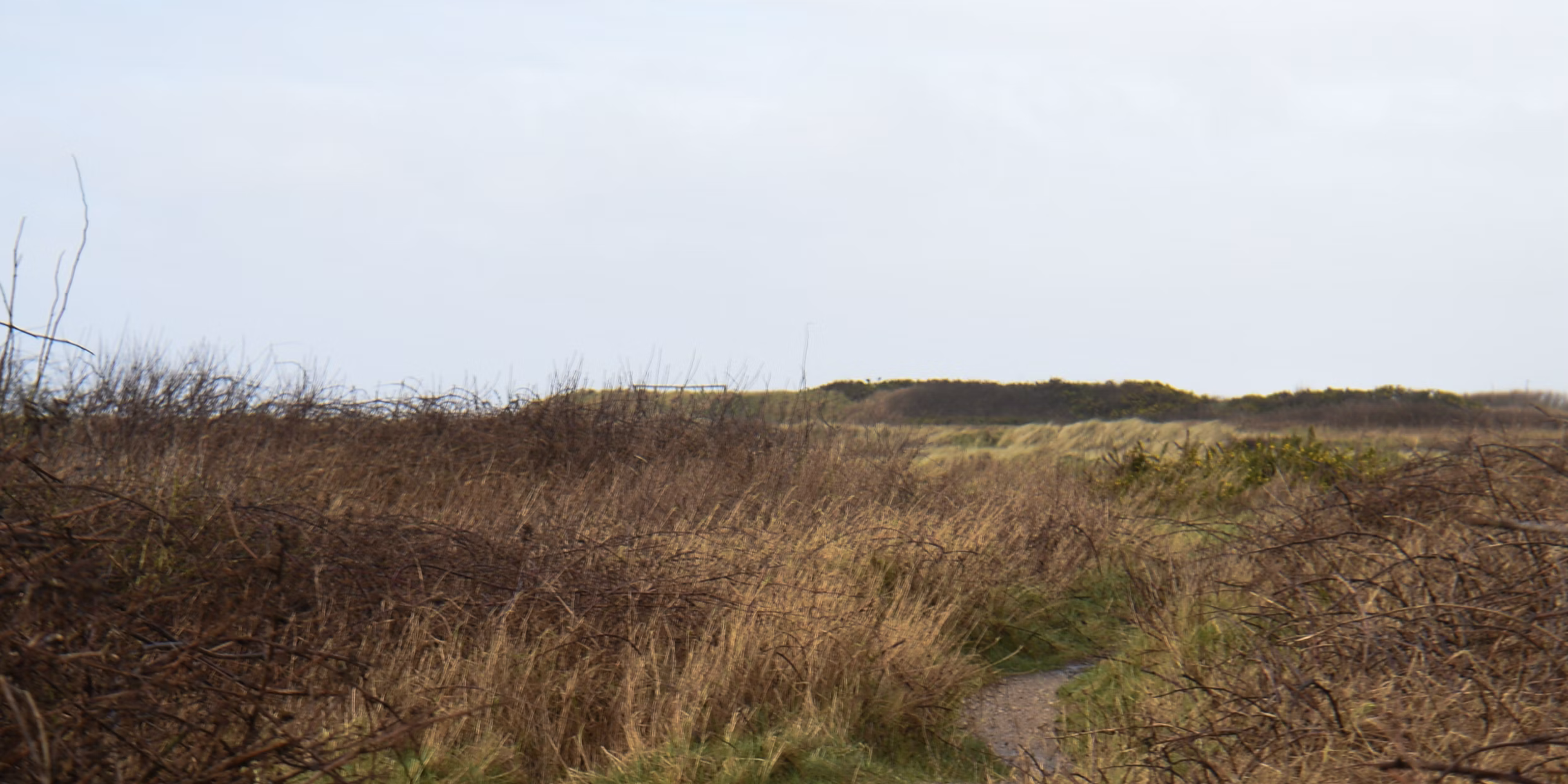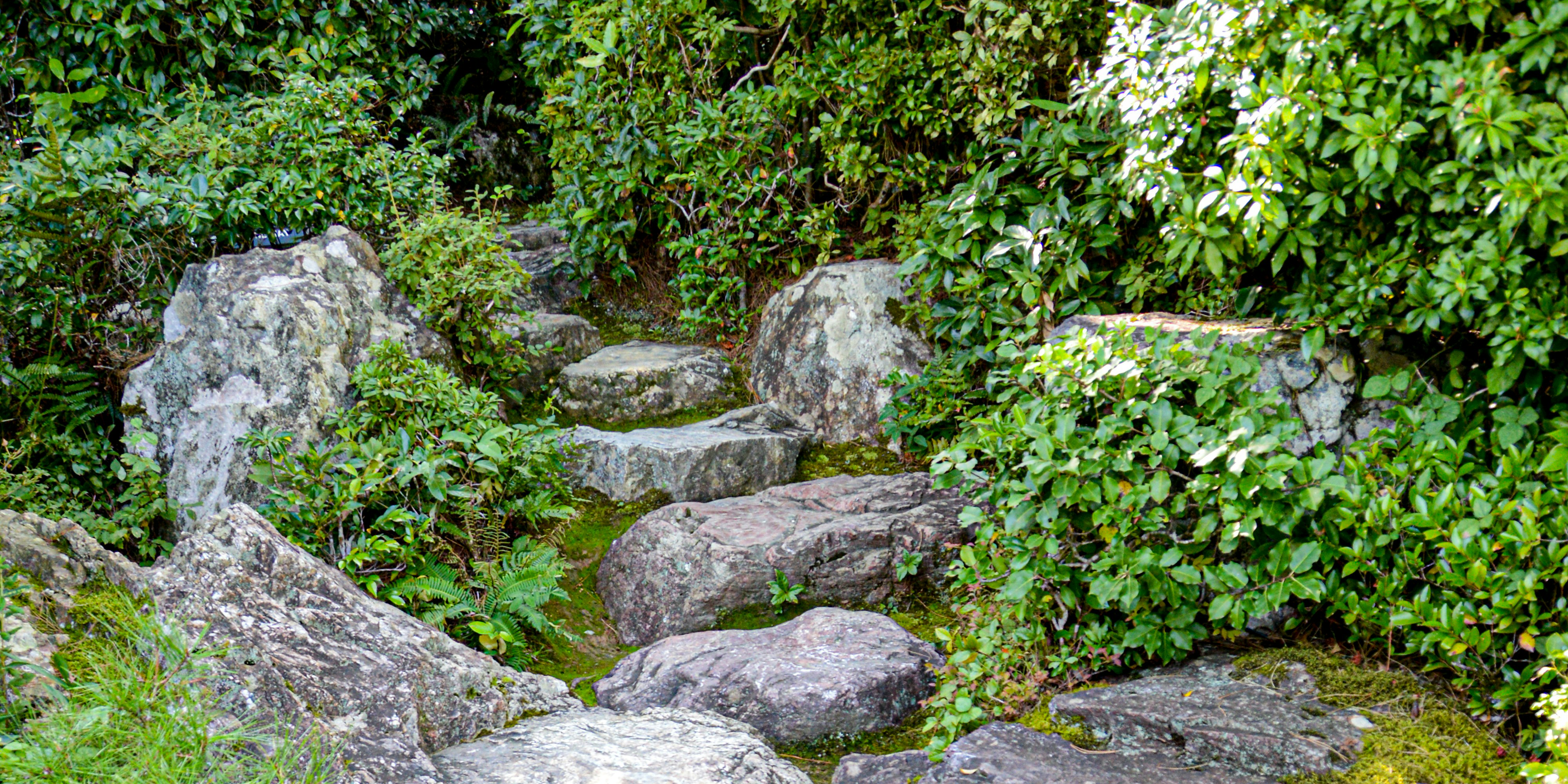It is common knowledge that businesses produce a variety of liquid waste – both hazardous and non-hazardous in nature. Things such as oil, paints, solvents, effluent wastewater etc. are all liquid waste yet they carry very different properties that can have a detrimental impact on the environment. Think about an oil spill or a leak at a chemical processing plant for example – the impact of this alone can be devastating for both the sustainability of drinking water, but also for sea and river life and the eco-systems that surround it.
We also know that fresh water is a limited resource and is essential for all life on this planet. It is concerning that so many of us tend to take it for granted, especially as South Africa is a semi-arid country. Therefore, it is vital that we change our attitude and processes urgently to value and protect this life-giving resource. One way of doing this, is managing our liquid waste more effectively by converting it into a secondary resource thereby placing less of a burden on our fresh water systems.
The good news is that there has been a fundamental shift in liquid waste management in South Africa, driven largely by legislation and supported by corporate requirements to meet ever increasing critical business and sustainability goals.
In August 2019, legislation was passed that banned liquid waste from landfill disposal which was a large shift in our local legislation and highlighted not only the focus on preserving the environment by removing such waste from our environment, but also the critical need for effective waste management with a clear onus on both the producer and waste manager. While at inception, many raised the question whether South Africa was ready - a few years down the line and we have seen great strides in this space. And, it has opened up opportunities for innovation, new technologies and much more sustainable solutions to drive compliance and environmental best practice.
The beauty is that by focusing on innovation in liquid waste management, we are able to adopt new thinking around circular economy modelling – ensuring that liquid waste forms part of South Africa’s nothing wasted mindset. What could we possibly do with such liquid waste though, you may ask?
Well, there are a number of successful solutions in the mix currently including turning hazardous liquid waste into an alternative fuel source, as a substitution for fossil fuels, or re-creating alternative products that have value within the economy.
There are a variety of technologies available to process different types of liquid waste. From oily water separation and desalination and reverse osmosis plants to thermal destruction units, there are solutions to separate and extract the various elements contained in the effluent for re-use. Certain organic waste streams that have a moisture content higher than 40% can also be converted into energy through anaerobic digestion plants.
Legislation plays a key role in the control of environmental hazards to health as well as creating a reformative system such as the circular economy model which supports the integration, as well as innovation within the waste industry, feeding back into cycle through long-term design and planning, maintenance, repair, reuse, remanufacturing, refurbishing, recycling, and upcycling. This sees new business streams and new industries receiving opportunity to grow.
However, to truly take this legislation and to put it into practice takes more than merely a waste management company. It takes innovative thinking by businesses as well as investment into such alternatives and the technology that supports it if we truly hope to see a shift. If we consider the impact of such liquid waste on our environment and the future of critical resources such as land, water and life, then there really is no other way but to take a forward-looking, collaborative approach to alternative liquid waste management and of course, we have legislation on our side to enforce and drive this.



SUBMIT YOUR COMMENT